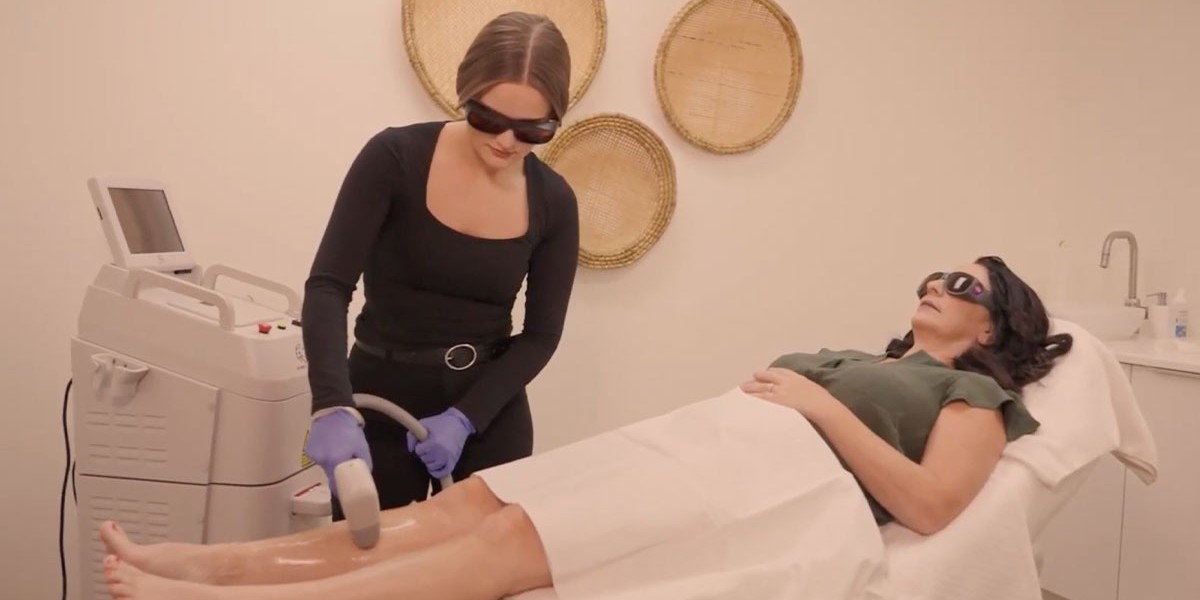Invisalign has revolutionised orthodontic care, offering a discreet and convenient way to straighten teeth without the brackets and wires associated with traditional braces. However, achieving and maintaining a beautiful smile goes beyond simply wearing the aligners. Proper care, consistent oral hygiene, and mindful habits play an essential role in ensuring your Invisalign treatment is successful and your smile lasts for years to come.
This blog outlines practical maintenance tips to help you protect your investment and enjoy long lasting results with your aligners.
Clean Aligners Daily for Hygiene and Clarity
Your aligners are in your mouth for 20 to 22 hours a day, so keeping them clean is essential, not just for aesthetics, but also to prevent bacteria buildup and unpleasant odours.
Step by Step Cleaning Guide:
- Rinse after taking out: Each time you remove your aligners, rinse them with lukewarm water to clear away saliva and residue.
- Gentle brushing: Clean them using a soft-bristled toothbrush and mild, fragrance-free soap. Steer clear of standard toothpaste, as it can be too abrasive and may scratch the surface.
- Soak daily: Invisalign cleaning crystals or retainer cleaning solutions help eliminate bacteria and stains.
- Avoid heat: Never clean your aligners with hot water, as it may warp the plastic.
Consistent cleaning ensures your aligners remain crystal clear and odour free while preventing plaque from transferring to your teeth.
Oral Hygiene Remains a Top Priority
Even though your teeth are covered for much of the day, oral hygiene remains just as important, if not more so, during Invisalign treatment.
Tips for Maintaining Oral Hygiene:
- Brush after meals: Always brush before reinserting your aligners to avoid trapping food particles.
- Floss daily: Remove plaque and debris from between your teeth to reduce the risk of cavities and gum inflammation.
- Rinse regularly: Using a fluoride mouthwash helps maintain freshness and strengthens enamel.
Neglecting your oral hygiene routine can compromise your progress and overall dental health, requiring additional visits to your dentist in Leeds for corrective care.
Follow the Do’s and Don’ts for Daily Wear
Invisalign aligners are designed to be part of your lifestyle, but following basic rules ensures the effectiveness of your treatment. The following table outlines essential dos and don’ts for Invisalign maintenance:
Do's | Don'ts |
Wear aligners 20–22 hours per day | Don’t eat or drink anything (except water) with aligners in |
Store aligners in their case when not in use | Don’t leave them exposed to air |
Clean aligners every morning and night | Don’t use coloured or scented soaps to clean |
Follow your orthodontist’s schedule | Don’t skip aligner sets or delay changes |
Sticking to these habits ensures your treatment remains on track and your aligners stay in top condition.
Plan for Travel and Life on the Go
A busy lifestyle or frequent travel doesn’t have to interfere with your Invisalign treatment, as long as you prepare in advance.
Must Haves in Your Invisalign Travel Kit:
- Aligner case (always keep this handy)
- Soft bristled travel toothbrush and toothpaste
- Dental floss and compact mouthwash
- Small bottle of gentle, unscented soap
- Spare aligners if travelling for extended periods
If you're receiving treatment from a professional offering Invisalign Leeds services, they may also provide travel tips specific to your treatment plan. Proper planning prevents accidental loss or damage and keeps your smile progress uninterrupted.
Managing Minor Discomfort and Aligners Issues
It’s common to experience slight discomfort, particularly when switching to a new set of aligners. The good news? It’s usually temporary and manageable.
Comfort Tips:
- Use cold compresses on your cheeks to reduce inflammation.
- Orthodontic wax can be applied to the edges of aligners that cause irritation.
- Over the counter painkillers like paracetamol or ibuprofen can help alleviate early discomfort.
If your aligners become damaged, cracked, or lost, contact your dentist in Leeds immediately for a replacement or advice on how to proceed. Postponing action may disrupt your treatment progress and lead to misalignment problems.
Don’t Skip Those Follow Up Appointments
Although Invisalign offers flexibility and convenience, routine check ups with your provider are still essential. Consistent check-ups help monitor your treatment progress and give your orthodontist the chance to make any required changes.
What to Expect During Follow Ups:
- Evaluation of tooth movement and aligner fit
- Discussion of concerns or discomfort
- Provision of your next set of aligners
- Tips on improved wear or hygiene practices
Clinics offering Invisalign Leeds services typically utilise advanced imaging and scanning technology to accurately monitor progress, reduce mistakes, and improve results.
Handling Aligner Staining and Discolouration
While Invisalign aligners are designed to be nearly invisible, improper care or certain habits can cause staining, diminishing their discreet appearance. To prevent discolouration:
- Refrain from consuming coffee, tea, or red wine while wearing your aligners.
- Steer clear of coloured mouthwashes or whitening products not approved for aligners
- Always brush teeth before reinserting aligners after eating or drinking
If staining does occur, consult your invisalign Leeds provider for professional cleaning solutions or guidance. Preventing discolouration not only keeps your aligners clear but also helps maintain your confidence throughout your treatment.
Post Treatment: Retainer Use Is Non Negotiable
After your Invisalign journey, it’s vital to protect the results you’ve worked so hard to achieve. This is where retainers come in.
Why You Need a Retainer:
- Teeth naturally shift over time without support
- Wearing a retainer preserves your straight smile
- Retainers reduce the likelihood of future orthodontic treatment
Types of Retainers:
- Removable Retainers: Usually worn full time initially, then overnight long term
- Fixed Retainers: A slender wire that is securely attached to the back of your front teeth on a permanent basis.
Regardless of type, your retainer needs regular cleaning and care. Your dentist in Leeds will guide you on proper use and maintenance.
Conclusion
Invisalign offers a convenient and discreet way to straighten your teeth, but long lasting results depend on how well you care for your aligners and your oral health. From daily cleaning routines to wearing retainers post treatment, each step plays a role in ensuring your beautiful smile endures well beyond the final aligner.
With guidance from experienced professionals in Leeds, and a commitment to maintaining good habits, you can enjoy a confident, healthy smile for years to come.








